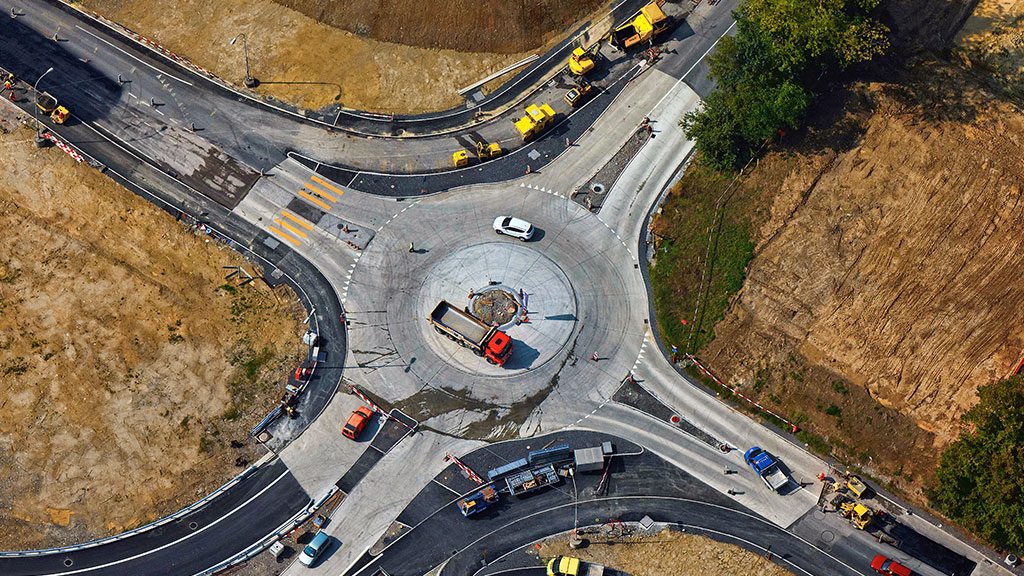Quebec is implementing a pilot project this fall that will regulate late payments on public contracts in the construction industry.
In December 2017, the National Assembly of Quebec unanimously adopted a law authorizing the implementation of pilot projects to test two main mechanisms to facilitate payments on public contracts and related subcontracts — an obligatory payment schedule and a dispute resolution process using an adjudicator or expert intervenor, in an effort to resolve disputes in a timely manner.
It is anticipated that there will be pilot projects for one or two years prior to the government adopting legislation.
The pilot project is a maximum of three years, however, the act provides one year to determine which construction contracts will be affected, states a release issued by the provincial government.
The pilot contains the same principles as the new legislation in Ontario but is a bit different because of Quebec’s civil code, explained Eric Cote, executive vice-president for the Corporation des Entrepreneurs Generaux du Quebec, who is also part a coalition against late payment in construction.
“We’re going to be starting and testing these new regulations in real life, on real projects, with real people and real companies in October and we are very excited,” said Cote.
“We’re looking at a calendar of payment and an independent adjudicator. It’s only for public projects at the moment…but we’ve agreed that if we can make it this far, we are very happy, but we are not going to stop the battle to get all projects under a calendar with an independent adjudicator.”
The mandatory payment schedule provides for payment from the public body to the general contractor on the last day of the month; payment from the general contractor to the subcontractor on the fifth day of the following month; and payment from one subcontractor to another the 10th day of the following month and so on.
It’s going to serve as a laboratory for all other provinces, even the federal government
— Eric Cote
Corporation des Entrepreneurs Generaux du Quebec
Given their status as major construction contractors, the two bodies responsible for the pilot are the Societe quebecoise des infrastructures and the Ministry of Transport. In the second phase, other public bodies for the pilot project will include educational institutions as well as health and social services.
“It’s great news for our entrepreneurs (GCs),” said Guillaume Houle, who is in charge of public affairs for L’association de la construction du Quebec (ACQ). “It means that the government takes seriously this problem and it’s a big problem for our entrepreneurs because it can cost a billion dollars a year for us. Two of the biggest departments in the government, transport and infrastructure, will be appointed to make this pilot project real for the next three years which we think is a good start. After one year it can be reviewed so we hope it’s going to be a success. We know it’s going to be a success. It can’t be worse than it is right now.”
The coalition against late payment in construction has been working on the issue for five years, stemming from the recommendations of the Charbonneau Commission which looked into corruption in Quebec’s construction industry, revealing some construction companies were linked to organized crime and that collusion benefited political parties and corrupt bureaucrats.
“We were glad that everybody was around the table — GCs and subs together with the government. This was not a one-way street. We were all working together finding the solutions,” Cote said. “It turns out that by working together we were able to do these things quicker and we’re first at the finish line but we had to all agree and come to a consensus.
“It’s going to serve as a laboratory for all other provinces, even the federal government, so I think everybody is going to look up to Quebec to see the hits and misses with the project.”
With respect to the dispute resolution process, the adjudicator will be nominated by the Institute of Mediation and Arbitration of Quebec, an independent organization that has agreed to work with the government to provide a list of experts that have experience in construction and arbitration, Cote explained. The expert intervenor has 30 days to render its opinion on the dispute submitted to it by the parties to the contract.
“The main idea is to have somebody intervene in the conflict and both parties agree too. We don’t need to go to court for three or four or five years after a job,” said Cote. “Probably just having a calendar and an adjudicator will discourage people from conflict and encourage them to find solutions first. That’s the main idea here. We don’t want adjudication all the time, we want solutions and to be paid on time.”
Quebec is currently in the middle of a provincial election campaign but Cote pointed out the ruling and regulations were adopted unanimously so stakeholders are confident the pilot project decision will stand whether or not a new government is elected.











Recent Comments